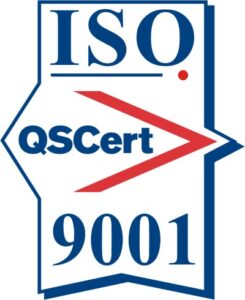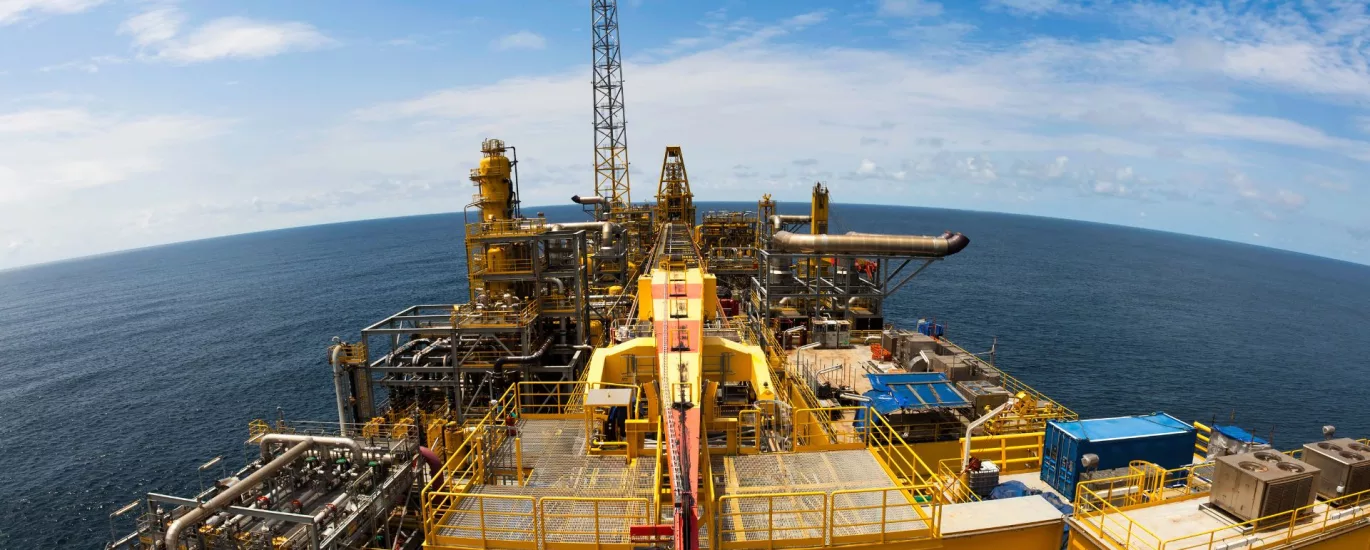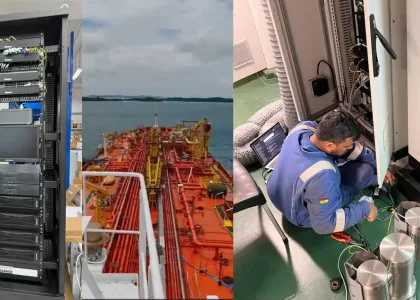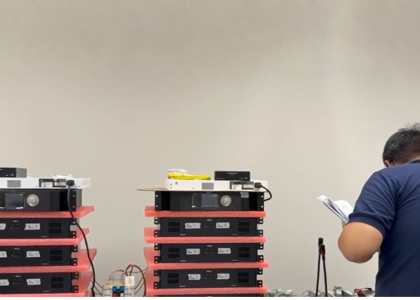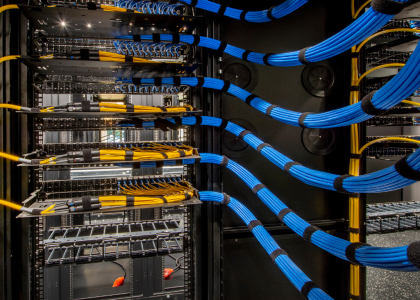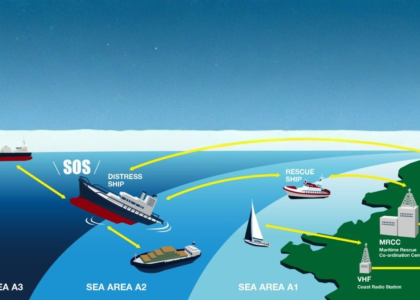Floating Production Storage and Offloading (FPSO) is a type of vessel used in offshore oil and gas exploration, where it is moored to the seabed and used to extract, process, and store hydrocarbons.
FPSOs are typically equipped with a range of telecommunications, information technology (IT), and extra-low voltage (ELV) systems to support their operations. These systems need to be specially adapted to the hazardous areas onboard the ship and be able to withstand harsh weather conditions.
Telecom Systems
Telecom systems on an FPSO typically include satellite and radio communications systems, as well as local area networks (LANs) and PABX systems. These systems are critical for enabling communication between the FPSO and shore-based facilities, as well as between different departments and crew members onboard the vessel.
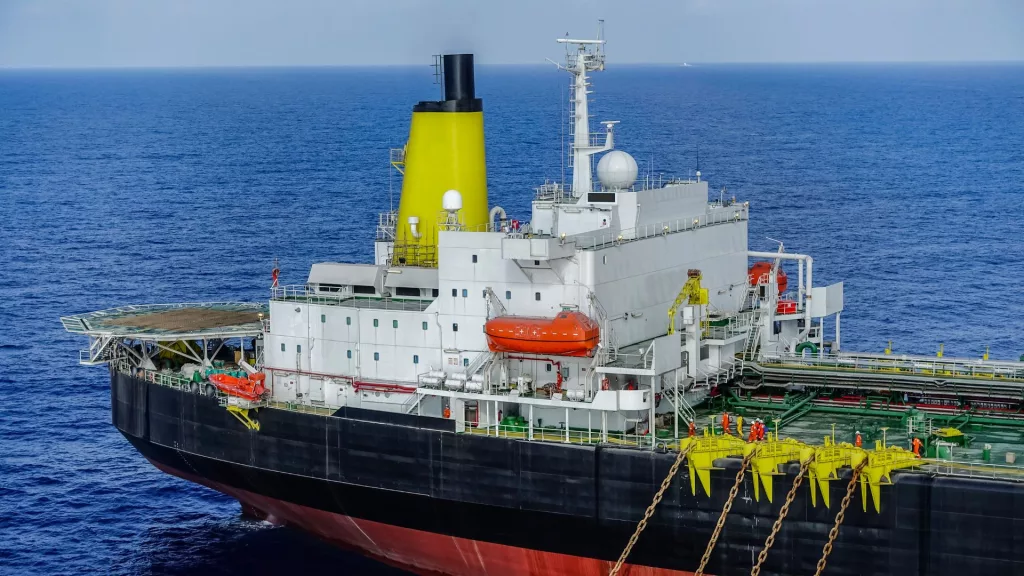
Satellite communication systems provide high-speed data transfer and voice communication links between the FPSO and shore-based facilities. These systems usually include a satellite antenna and a satellite modem, which is used to modulate and demodulate signals for transmission over the satellite link.
Radio communication systems are used for short-range communication between the FPSO and other vessels or offshore installations in the vicinity. These systems include marine VHF and UHF radios, as well as handheld radios for use by personnel onboard the vessel.
LANs and PABX systems provide internal communication and data transfer capabilities onboard the FPSO. These systems are used to connect various devices such as computers, servers, and IP phones, enabling crew members to communicate and collaborate efficiently.
IT Systems
IT systems onboard an FPSO typically include servers, computers, and software applications used for managing and monitoring the vessel’s operations. These systems are critical for ensuring the safe and efficient operation of the FPSO, as well as for maintaining compliance with regulatory requirements.
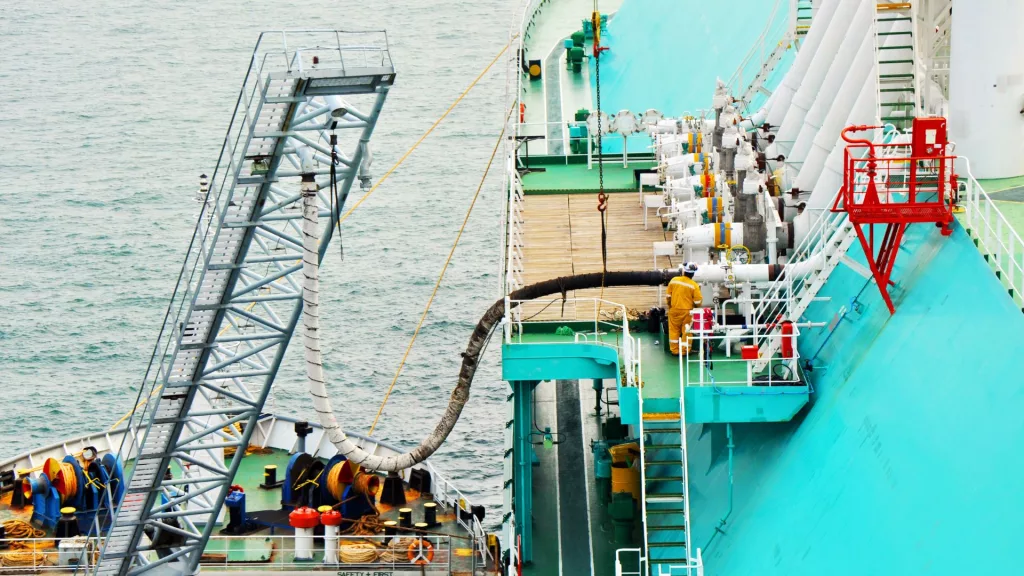
Server systems are used for hosting various software applications and services that are required for the operation of the FPSO. These systems are typically connected to the LAN and may include database servers, email servers, and file servers.
Computer systems are used for monitoring and controlling various aspects of the FPSO’s operations, such as the production of hydrocarbons, power generation, and safety systems. These systems are typically located in the vessel’s control room and may include human-machine interfaces (HMIs), programmable logic controllers (PLCs), and distributed control systems (DCSs).
ELV Systems
ELV systems onboard an FPSO typically include fire detection and suppression systems, CCTV systems, access control systems, and public address and general alarm (PAGA) systems. These systems are critical for ensuring the safety and security of personnel onboard the vessel.

Fire detection and suppression systems are used to detect and suppress fires onboard the FPSO. These systems typically include smoke detectors, heat detectors, and fire suppression systems such as sprinklers or gas-based suppression systems.
CCTV systems are used for monitoring various areas of the FPSO, such as the production deck, engine room, and living quarters. These systems may include cameras, video recorders, and monitors.
Access control systems are used to restrict access to sensitive areas of the FPSO, such as the control room or engine room. These systems typically include keycard readers or biometric readers.
PAGA systems are used for broadcasting emergency announcements and alerts to crew members onboard the FPSO. These systems typically include speakers, microphones, and amplifiers.
Expert Systems Integration
The integration of these telecom, IT, and ELV systems onboard an FPSO are critical for ensuring the safe and efficient operation of the vessel. Vivo Asia Engineering and Trading is experienced and qualified in the installation of these systems, with compliance to different industry requirements and compliances.
Understanding the challenges of the FPSO industry, our engineers and technicians are especially trained in the methodical planning and professional execution of reliable systems for FPSOs.



